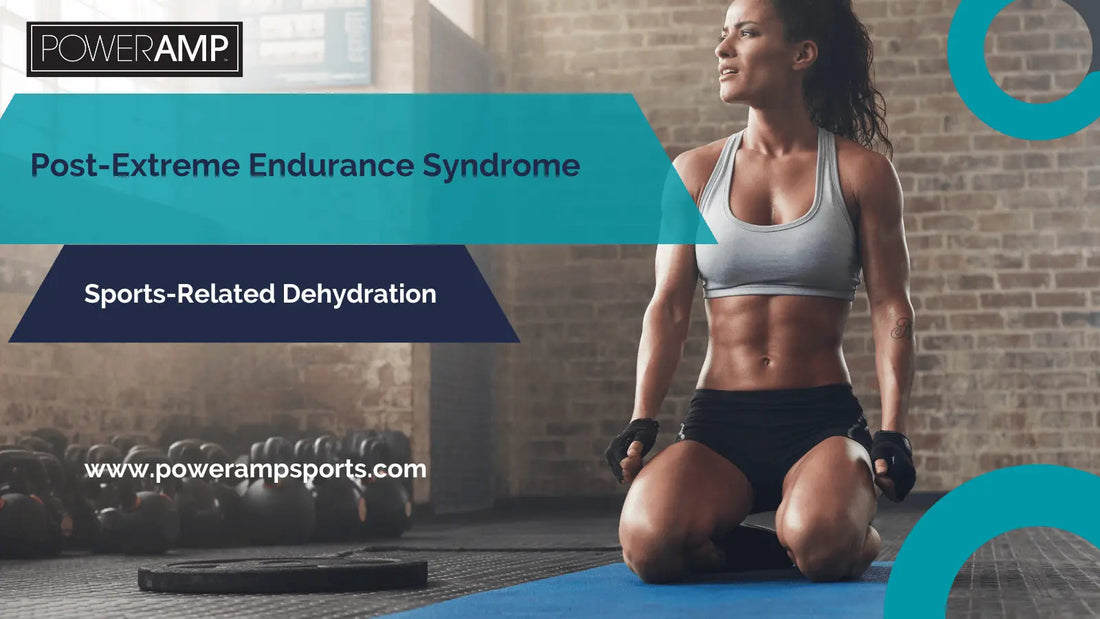People who do endurance sports may be at risk of dehydration. This can lead to post-extreme endurance syndrome, with symptoms like decreased body temperature, nausea, vomiting, diarrhea, dizziness, and headache. A lack of fluids can also cause muscle cramps and an inability to drink.
Most people lose about two cups of fluid in one hour during exercise. Not drinking enough fluids can make you tired, limit your ability to exercise and also cause cramps.
It is possible to lose up to 3 L of fluids per hour during a tough workout. This can happen after a long distance run, bike ride, rigorous hike or cross country ski; which all involve periods of time without consuming adequate fluid intake. These types of activities often result in large fluid losses that may precede health problems related to dehydration.
After extreme endurance events, it is common for athletes to experience post-extreme endurance syndrome (PEES), which can cause symptoms like low body temperature, nausea, vomiting, diarrhea and dizziness. In addition to this you might also suffer from other more serious conditions like muscle cramps.
Athletes, in general are susceptible to dehydration, not just distance runners or other endurance athletes. For example, football, basketball and hockey players may lose large amounts of fluids during games. Players in various sports can lose lots of fluids during a game. Football, basketball and hockey players may lose plenty of fluids during a game, for example.
To protect yourself from dehydration:
-
* Drink water every day.
-
* Bring water with you when you exercise.
-
* One thing to keep in mind when drinking is not to have too many alcoholic drinks, as they increase dehydration & can make it difficult to make smart decisions.
-
* Don't take salt tablets unless you are being instructed to do so by a medical professional. If you're not sure, talk to them about it. But don't worry, most people get enough sodium in their diet. If you're concerned about replacing what you've lost through sweat, then use a sports drink instead.
-
* Stay inside or stop moving if you get dizzy, lightheaded, or exhausted.
Taking steps to avoid dehydration in extreme heat or high altitude conditions is essential. What's good for the body is best done early in the day or later at night, when temperatures are a little cooler.
Conclusion
Whether you're a pro athlete or novice, drinking water regularly is essential for staying fit. To maximize your performance and stay healthy, feel free to drink more than just the recommended water intake. When you're playing a sport, rehydrating with essential electrolytes can make the difference between feeling great and just not pushing yourself. Being an athlete is not easy and takes a lot of commitment. That includes treating the body like a well-oiled machine and paying attention to detail.
POWERAMP Rapid Hydration is perfect for hydration! It helps you replenish water, electrolytes & sodium that you sweat out. It tastes delicious, is clear, and will definitely keep you on the go. Electrolyte Rapid Hydration Powder is designed to keep your body hydrated & energized so you can play better, quicker, and smarter. Now you can recover faster so you already feel ready for the next big game day.



Leave a reply
Nunc vehicula quam semper odio varius tincidunt. Vestibulum ante ipsum primis in faucibus orci luctus et ultrices posue.
Please note, comments need to be approved before they are published.